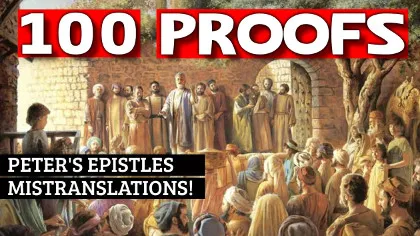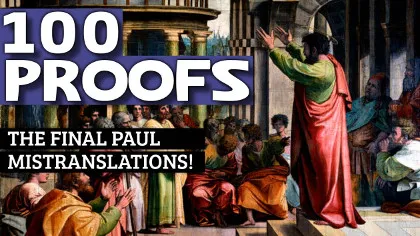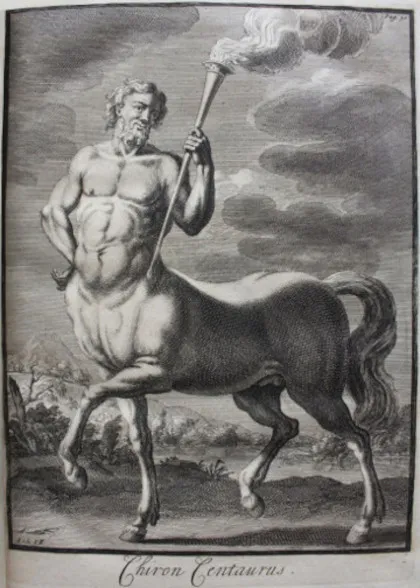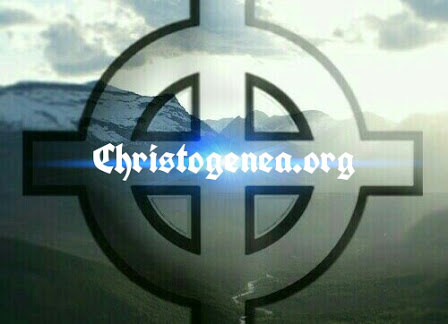TruthVid's 100 Proofs that the Israelites were White, Part 32: 46, Specific NT verse misteachings, mistranslations or corruptions in the epistles of Peter and James

TruthVid's 100 Proofs that the Israelites were White, Part 32
Having finally completed our discussion of particular passages in Paul’s epistles where certain terms are either mistranslated or misunderstood, we now hope to do that same thing in regard to the so-called “Catholic Epistles”, which itself is an errant Church term for the epistles of James, Peter and Jude. Like Paul’s writings, these also have many errors of interpretation, or blatant mistranslations, than do the Gospel accounts or the Revelation, which cause the New Testament itself to be misunderstood. But while James is usually reckoned as the first of these epistles, we will reserve it for later, and begin with 1 Peter.
46) Specific NT verse misteachings, mistranslations or corruptions in the epistles of Peter and James
Peter opened his first epistle with the following salutation, as the King James Version has 1 Peter 1:1: “Peter, an apostle of Jesus Christ, to the strangers scattered throughout Pontus, Galatia, Cappadocia, Asia, and Bithynia…”











 Please click here for our mailing list sign-up page.
Please click here for our mailing list sign-up page.








Recent comments